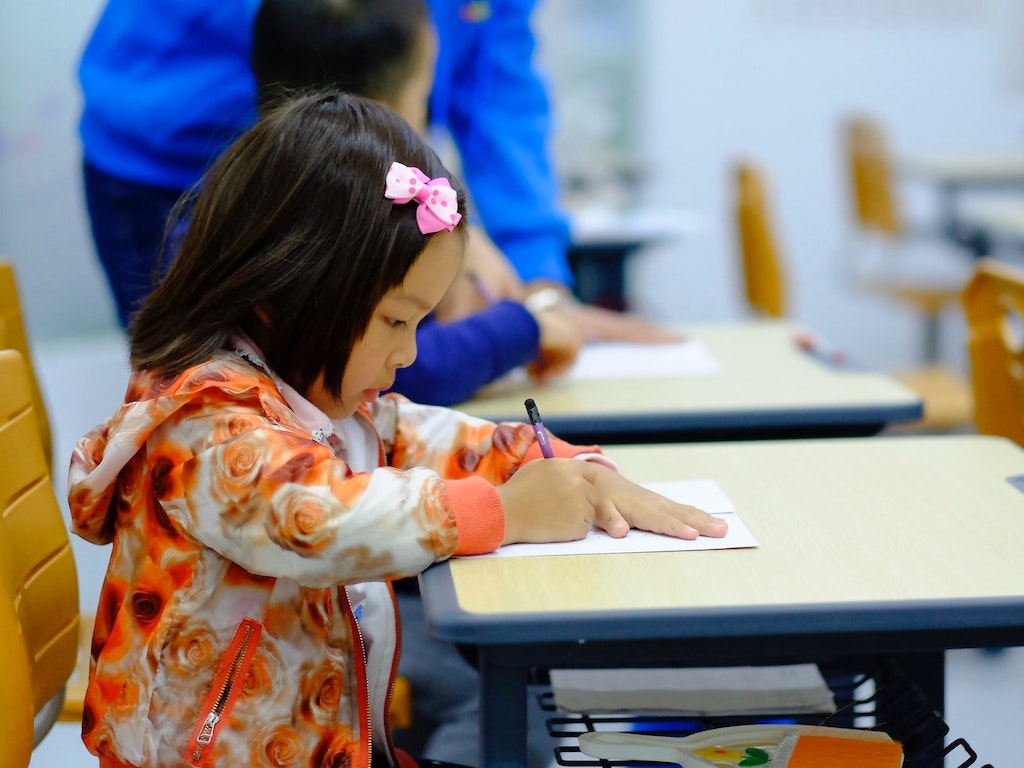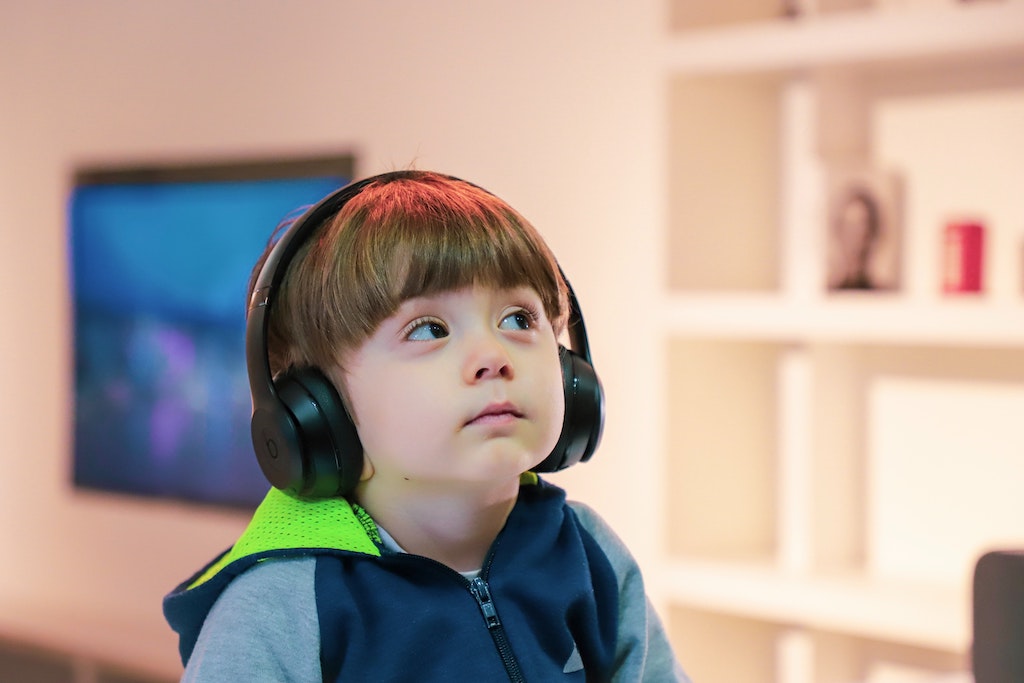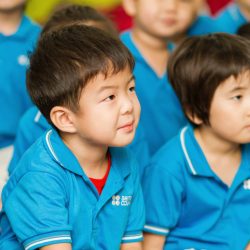SingaporeMotherhood | Parenting
October 2020
Resources for Families of Children with Special Needs in Singapore

Raising a child is not always easy. If you have one with special needs, you might find the going a little more tough. Hence, some parents may need that little bit of extra help financially. Furthermore, some other parents may be looking for programmes or schemes that can help their special needs child thrive in his or her own unique way. Here are some resources in Singapore that might help.
Financial Aid
SPED Financial Assistance Scheme (FAS)
This is a scheme provided by the Ministry of Education (MOE) together with the National Council of Social Services for needy Singaporean students who are in MOE-funded SPED schools. Application forms for this scheme are available at SPED schools.
Eligibility: To be eligible, the student’s family must have a Gross Household Income (GHI) not exceeding $2,750 per month, or a Per Capita Income (PCI) not exceeding $690 per month. (The inclusion of PCI as a qualification ensures that students from larger families will be able to benefit from the scheme too. Calculate PCI by dividing GHI by the number of members in the household.)
Benefits: The benefits under this scheme include a full waiver of school fees, free textbooks as well as free school attire. Meal subsidies are also provided; students aged seven to 12 receive subsidies for seven meals per week at $2 per meal, while students aged 13 to 21 receive subsidies for 10 meals per week at $2.90 per meal. Students who travel to and from school via public transport (public bus or MRT/LRT) will also receive a $180 transport credit per annum.
Get more information here.

Taxi Subsidy Scheme (TSS)
Parents of children with permanent disabilities who are medically certified as unable to take public transport and are totally dependent on taxis to travel to school can apply for this scheme.
Eligibility: It’s a means-tested subsidy and families with a per capita monthly household income of $2,800 or below and don’t own any vehicles qualify to apply for it. The subsidy amount depends on three points: whether the applicant is a Singapore Citizen (SC) or Permanent Resident (PR); the Per Capita monthly household Income (PCHI); and the distance between home and school.
You can get more information on how to apply for this scheme here.
(See also: Coping with Your Child’s Special Needs Diagnosis)
Assistive Technology Fund
This fund provides subsidies for persons with permanent disabilities who need assistive technology devices such as wheelchairs and hearing aids. These devices should help in purposes of early intervention, education, training, employment, therapy, rehabilitation and/or independence in daily living. Therefore, the fund isn’t for the purchase of medical devices and consumables. The means-tested subsidy gives successful applicants up to 90% of the cost of the required equipment. The grant is subject to a lifetime cap of $40,000.
Eligibility: The applicant must have one of the following permanent disabilities: physical disability, visual impairment, hearing impairment, intellectual disability, or Autism Spectrum Disorder. They must also be a SC or PR with a household gross monthly income per person of $2,000 or below. The applicant must also have undergone a qualified assessor’s assessment to determine the need and type of device(s).
An application admin (eg. a social worker) or an assessor (eg. a therapist) from hospitals or social service agencies can apply for this fund on your behalf.
Get more information on this scheme here.
Home Caregiving Grant (HCG)
The HCG gives a $200 monthly cash payout to help support loved ones with at least one permanent moderate disability. This is someone who always requires assistance with at least three of the six Activities of Daily Living (ADLs): eating, bathing, dressing, transferring, toileting, or walking or moving around. Use the grant to defray the costs of caregiving expenses or hiring of a foreign domestic worker (FDW). The HCG replaced the FDW Grant from October 2019.
Eligibility: To qualify for this means-tested grant, applicants need to be a SC or PR. They must have a household monthly income of $2,800 or less. The annual value of their property for a household without income should be $13,000 or less.
Get more information on how to apply here.
(See also: SNTC offers peace of mind for Parents of Special Needs children)
Foreign Domestic Worker (FDW) Levy Concession For Persons With Disabilities
Families who employ full-time FDW to look after loved ones with disabilities (a young child below 16 or an aged person over 67) pay a concessionary rate of $60 a month, instead of $300.
Eligibility: The care recipient has to be a Singaporean who requires assistance with at least one of the activities of daily living: feeding, dressing, showering, toileting, transferring and/or mobility. The applicant must be the care recipient or related to the care recipient and living at the same address. Each household can apply for up to two FDW levy concessions.
Get more info on how to apply here.
Other Programmes

Early Intervention Programme for Infants & Children (EIPIC)
This programme provides early intervention services to maximise the developmental growth potential of infants and young children with developmental delays, and also minimise the development of secondary disabilities. The developmental and therapy services equip them with improved motor, communication, social, self-help and cognitive skills.
Children who have made sufficient progress under EIPIC can move on to the Development Support Plus (DS-Plus) programme. This provides them with intervention support within the preschool setting.
Eligibility: Applicants must be six years and below, and a SC or PR. They must have a diagnosis of with be at risk of developmental, intellectual, sensory, or physical disabilities, or a combination of disabilities. Finally, they must have a recommendation from a doctor from the Department of Child Development (DCD) at KK Women’s and Children’s Hospital (KKH), the Child Development Unit (CDU) at National University Hospital (NUH), or a private paediatrician.
Parents must get a doctor or polyclinic referral for your child for assessment at the DCD at KKH or CDU at NUH. These medical institutions will then recommend and apply for EIPIC if they assess that your child is suitable for it. Alternatively you can get a private paediatrician to assess your child for EIPIC.
Get more information on the programme here.
Development Support (DS) & Learning Support (LS)
This programme provides support and intervention for pre-school children with mild developmental needs in areas such as speech and language, social skills, motor skills, behaviour and literacy. The aim is to equip pre-school children with developmentally appropriate skills to optimise their developmental outcomes.
LS is provided by specially-trained early childhood professionals known as Learning Support Educators (LSEds), and lasts six or 10 weeks. It focuses on literacy skills, language skills, social skills, or handwriting skills — based on child’s assessed need.
Under DS, children are supported by trained therapists. After the duration of 10 or 15 weeks, LSEds will continue to provide in-class support. The support given depends on child’s assessed need. It could be occupational therapy, speech and language therapy, literacy and learning support, or psychological services. Both LS and DS are individual/small group/classroom-based sessions. Weekly sessions last one hour each time.
Eligibility: Children who are Singapore Citizens or Permanent Residents in pre-school (K1 and K2 levels). Do note that children enrolled in (EIPIC) are not eligible for LS and DS. Your child’s pre-school will contact you if your child is suitable for the programme.
Get more information here.
(See also: Special Education and Inclusive Preschools and Schools in Singapore)

Integrated Child Care Plan (ICCP)
This inclusive child care programme is for children with mild special needs. It provides them with a natural learning environment alongside their mainstream peers. It also helps to prepare them for their eventual entry into mainstream primary education. These children learn, play and socialise along with their mainstream peers. Each child’s progress is monitored and there are regular parent-teacher feedback sessions. Although intervention services are not provided, the mainstream curriculum can be modified to accommodate the child with special needs.
Eligibility: Applicants should be between two and six years old, and a Singapore Citizen or Permanent Resident. In addition they must also be diagnosed as falling within the mild to moderate range in any of the following: Developmental Delays (Global Developmental Delay, Speech Delay, Intellectual Disability etc), Autism Spectrum Disorder, Physical Disability, Hearing Impairment (with prescribed hearing aids only) and Visual Impairment (with prescribed corrective lenses only). Finally, the child must also be recommended for ICCP by a doctor from the Department of Child Development (DCD) at KK Women’s and Children’s Hospital (KKH) or Child Development Unit (CDU) at National University Hospital (NUH), or a private paediatrician.
Doctors or social workers can submit applications for you. You can get more information here.
NEU PC Plus
With this programme low-income families with a student or person with disabilities can own a brand new computer at an affordable price.
Eligibility: The applicant must be a Singapore Citizen or Permanent Resident, and have a permanent disability. The gross monthly household income cannot exceed $3,400, while per capita income cannot exceed $900 ($1,125 if there is a permanently disabled household member).
You can obtain application forms from your child’s school and submit them together with the relevant documents. You can get more information here.
All information accurate at time of writing.
Featured image: Jerry Wang on Unsplash
All content from this article, including images, cannot be reproduced without credits or written permission from SingaporeMotherhood.
Follow us on Facebook, Instagram, and Telegram for the latest article and promotion updates.





